
David Howey is Professor of Engineering Science at the University of Oxford, Official Fellow at St Hilda’s College, Oxford, and IEEE Fellow. He received the MEng degree in Electrical and Information Sciences from the University of Cambridge, UK, in 2002 and his PhD from Imperial College London, UK, in 2010, on the topic of thermal management of electrical machines. He was appointed to a faculty position at Oxford in 2011. During his doctoral research he pioneered a new electrical method to measure heat flux in electrical machines. As a post-doc at Imperial he developed and patented an impedance-based battery condition monitoring technique and worked on electrically assisted turbochargers. He was an Honorary Research Fellow at Imperial College London from 2011 to 2014 and winner of a Samsung Global Research Outreach award in 2012. He is on the editorial boards of EES Batteries and Oxford Open Energy. He has co-authored over 160 peer-reviewed journal and conference papers, and filed 7 patents, and is the recipient of grant funding from EPSRC, the European Union, the Korean Government, InnovateUK, the Faraday Institution, and several companies. He is also co-founder of spin-out company, Brill Power Ltd., and of the award-winning Oxford Battery Modelling Symposium. He teaches a range of topics including electrochemical energy technology, and maths. Read more about Prof Howey's research and career.
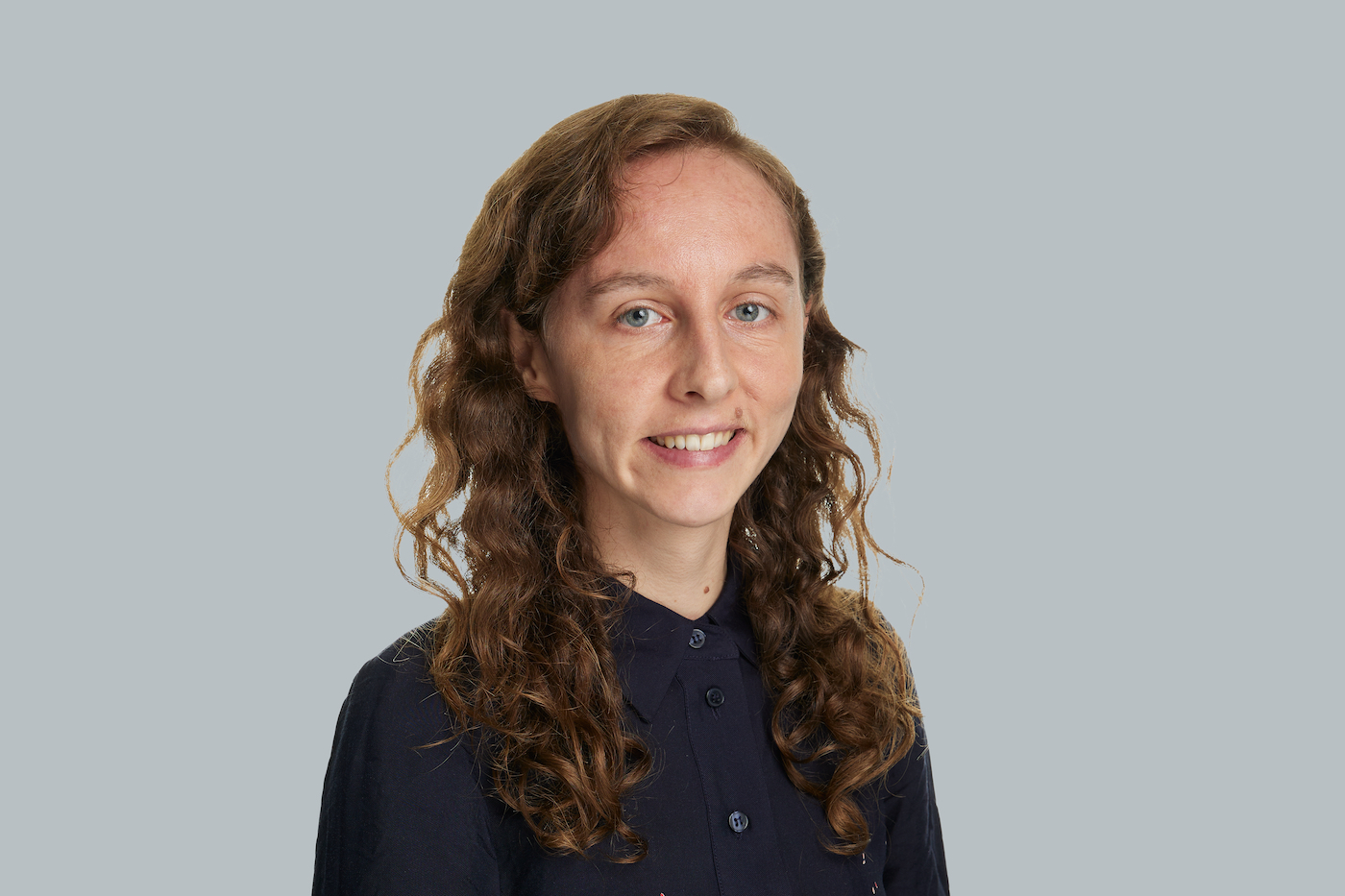
Nicola is interested in the optimisation and analysis of battery models. She has an MMath from the University of Oxford and a PhD in Mathematical Sciences from Southampton University, and was awarded an EPSRC Doctoral Prize to do research on charge transport models of perovskite solar cells. Nicola previously studied the manufacture of battery electrodes in the Faraday Institution Nextrode project.
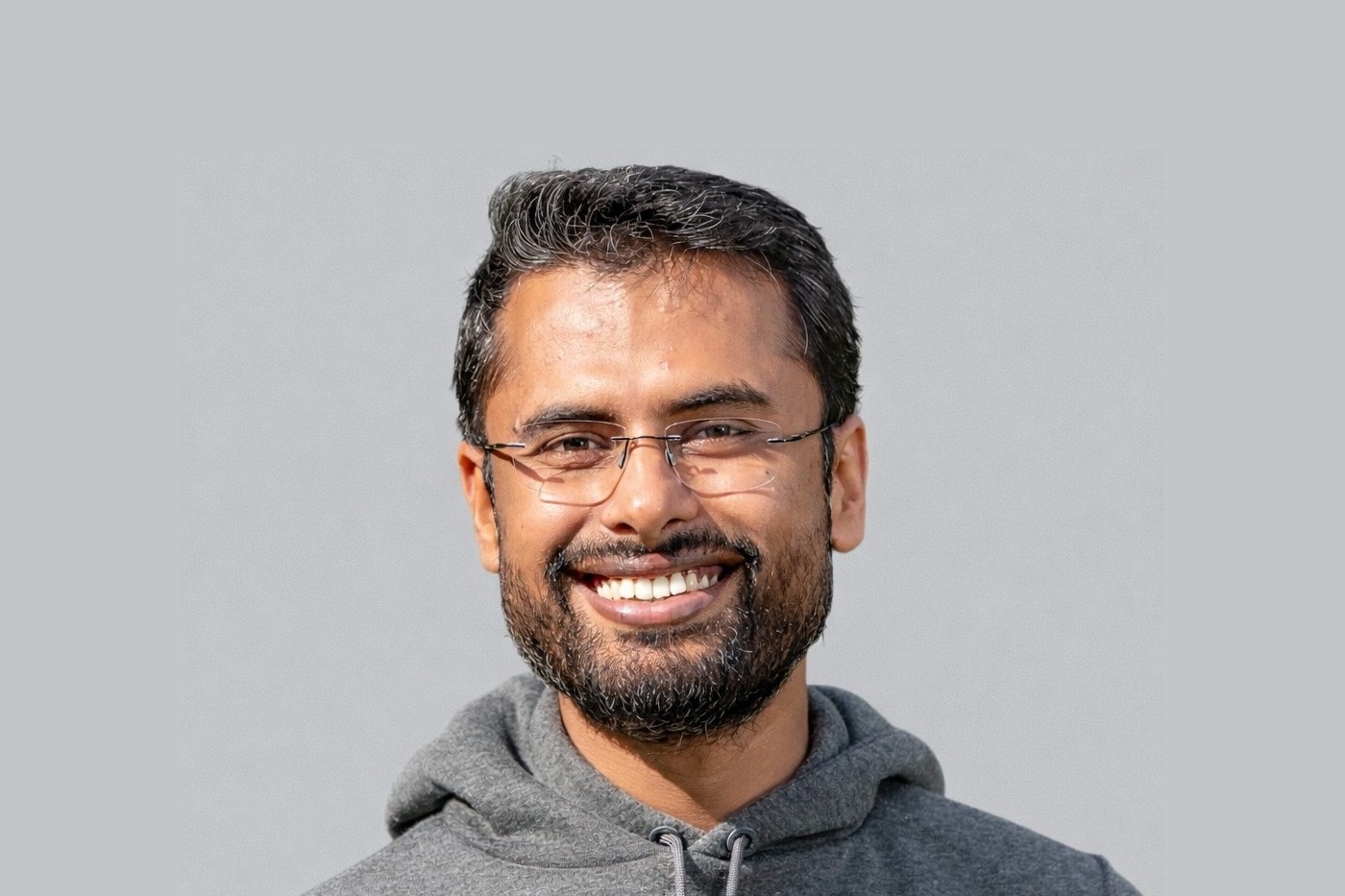
Dibyendu earned his Ph.D. in Mechanical Engineering from IIT Kharagpur in Fluid Mechanics and Thermal Sciences. Before joining Oxford, he was awarded the Shastri Research Student Fellowship (SRSF), enabling him to conduct interdisciplinary research at McMaster University in biomedical engineering. Dibyendu's current research focuses on evaluating the performance of equivalent circuit and physics-based electrochemical models using various open-source platforms.

Phil loves data. He collects smart meter, diary, socio-demographic and other sensor data to explain variations and flexibility in UK household energy demand. This approach is based on his interdisciplinary EPSRC Fellowship, which he applied as PI of the METER project and now as Co-I of EDOL. Phil worked in the semiconductor and photovoltaic industry before completing his PhD on grid energy storage at Imperial College. In his spare time he is a passionate rower, cyclist and roller skier.

Volkan is focused on in grid-scale energy storage systems, power electronics, data-driven, and safe learning approaches and their intersection with model-based optimization methods. He has a BSc from Yıldız Technical University, Istanbul, Turkey, and Ph.D. from the Energy Research Institute, Nanyang Technological University, Singapore.

Blanka completed her masters degree in Natural Sciences at the University of Exeter and brings her interdisciplinary background and previous industry experience as a battery software engineer into physics-based modelling of novel lithium-ion chemistries, focusing on LMFP cells. In her spare time she enjoys playing tennis among other sports, as well as classical music and a nice cup of coffee.

Nora is interested in applying machine learning methods to renewable energy. Previously, she studied chemical engineering at McGill University. During her spare time, she likes to paint and travel.

Emmanuelle completed her Masters of Chemistry degree at the University of Edinburgh and is now developing models accounting for voltage hysteresis in sodium- and lithium-ion batteries. In her spare time, she enjoys painting and making sculptures.

Adam completed his Master of Engineering degree at Oxford and is now developing an experimental solution to characterise lithium-ion batteries using nonlinear impedance spectroscopy, including software for automation and analysis. In his spare time, he is a keen cyclist and enjoys coaching rowing at his college.
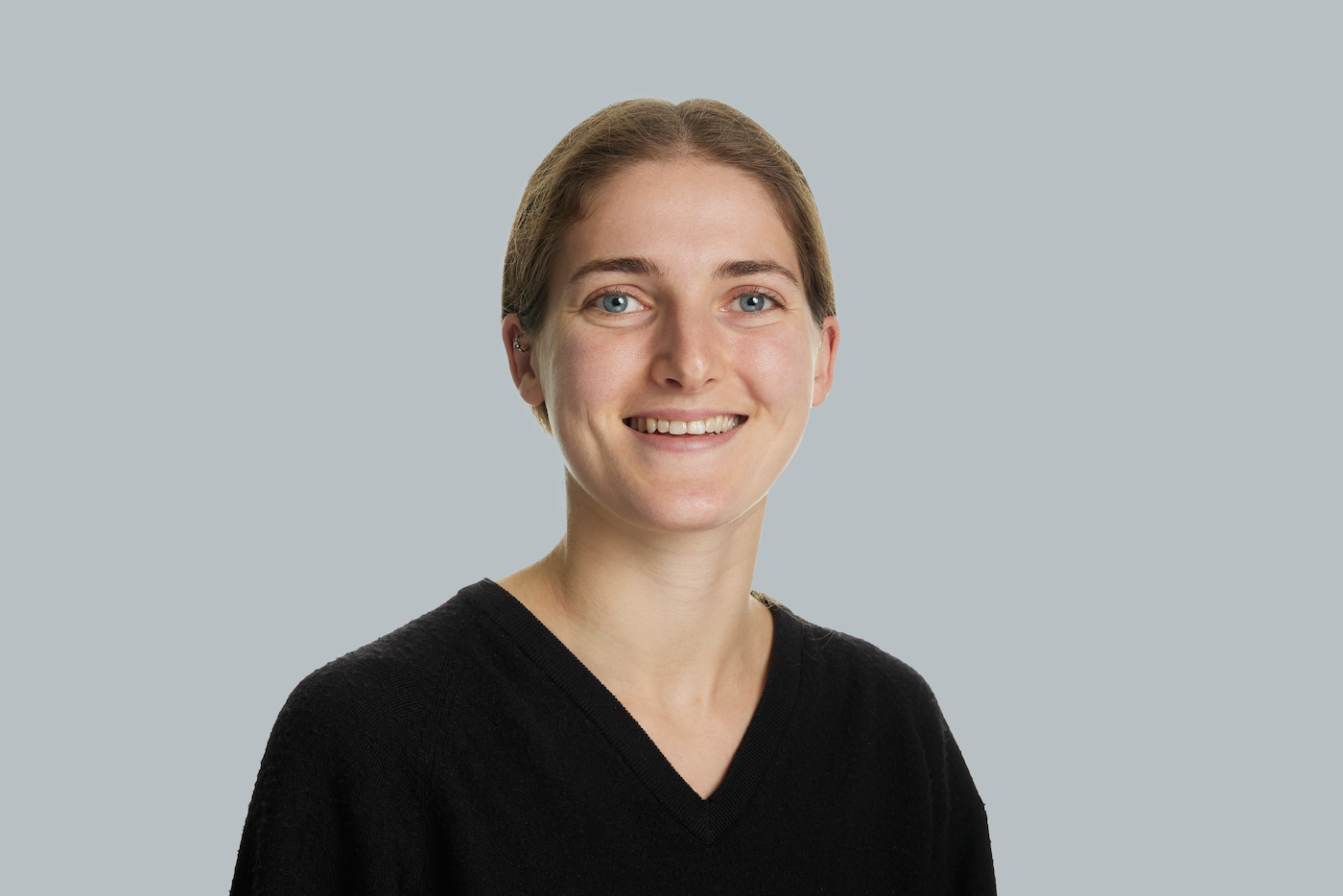
Becky completed her masters in electrical and electronic engineering at Newcastle University and is now working on energy usage and battery lifetime in off-grid electricity systems. Outside of studying she enjoys trail running and cycling.

Joe is bringing his experience in power electronics to the topic of power capability estimation and online battery pack diagnostics. Previously, he studied electronics engineering and worked in the battery management systems industry. He enjoys sports, music, and exploring the Oxfordshire countryside in his spare time.
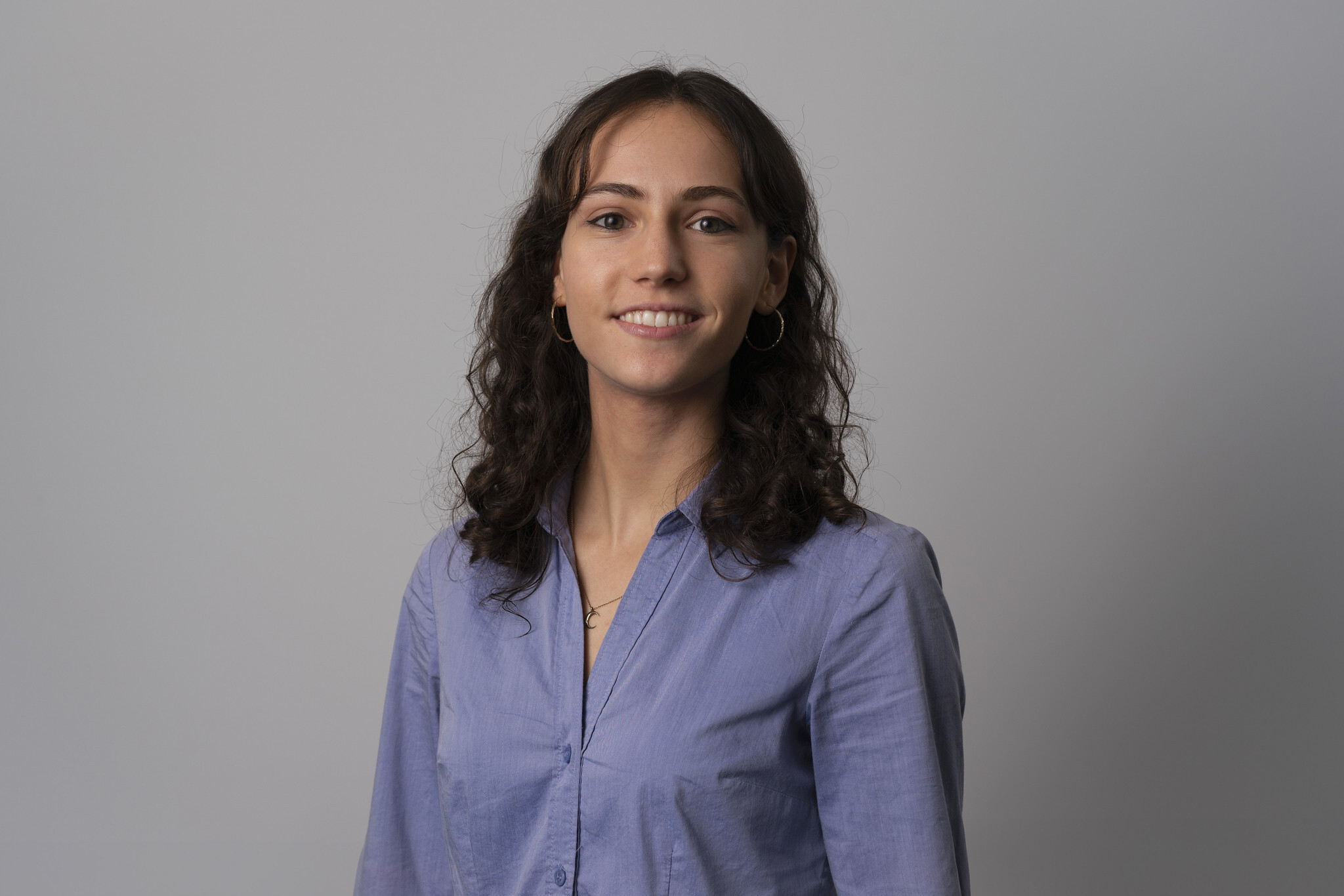
Tihana completed her degree in Chemical Physics at the University of Edinburgh and is now working on thermal battery modelling to study the impact of thermal-electrochemical-mechanical coupling on the performance of large Li-ion cells. She previously worked as a placement student at Diamond Light Source on data processing and visualisation of X-ray diffraction artefacts at Beamline I23. In her spare time, she enjoys cycling, climbing, and playing violin.
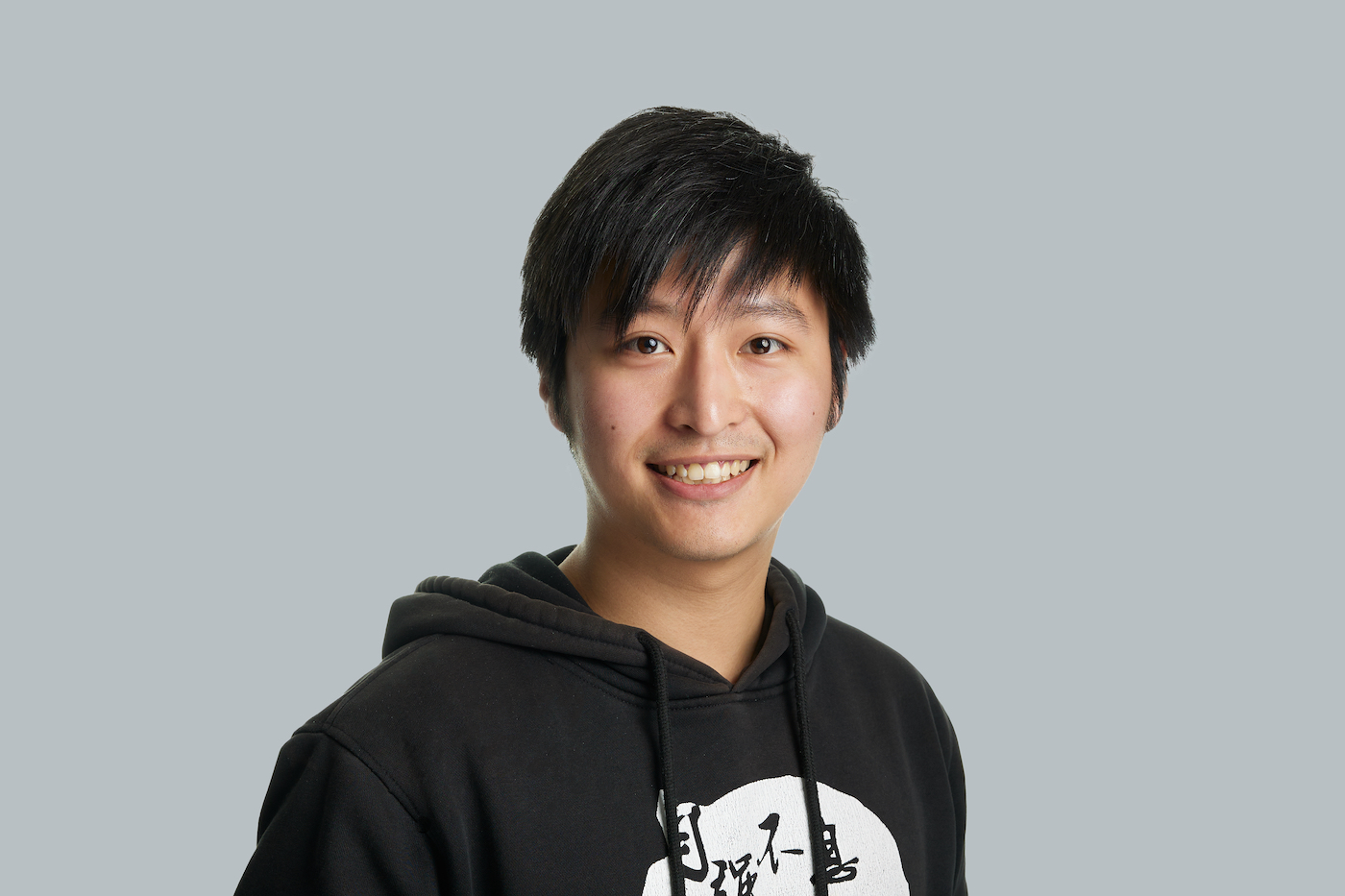
Zihao is interested in the interdisciplinary area of machine learning and battery lifetime prediction. Before joining Oxford, he studied electrical engineering at Tsinghua University and industrial engineering at UC Berkeley. Zihao is a heavy user of Steam (a game platform) and also a beginner at powerlifting.

Lizz is the project manager for the Battery Intelligence Lab. Her previous role was research manager for the Noble Group in the Institute of Biomedical Engineering. She worked as a neuroscience researcher at the University of Reading from 2007-16, and is currently training in ecotherapy.
Post-doctoral positions will be advertised via the department’s website.
Applications for graduate study are always welcome, however before making contact, applicants should consider carefully whether their interests are aligned with this group, how their study might be funded, and whether they meet the department and university admissions criteria. Further details may be found at the Department of Engineering Science website. We are not able to host internship students and will not reply to emails requesting internships.